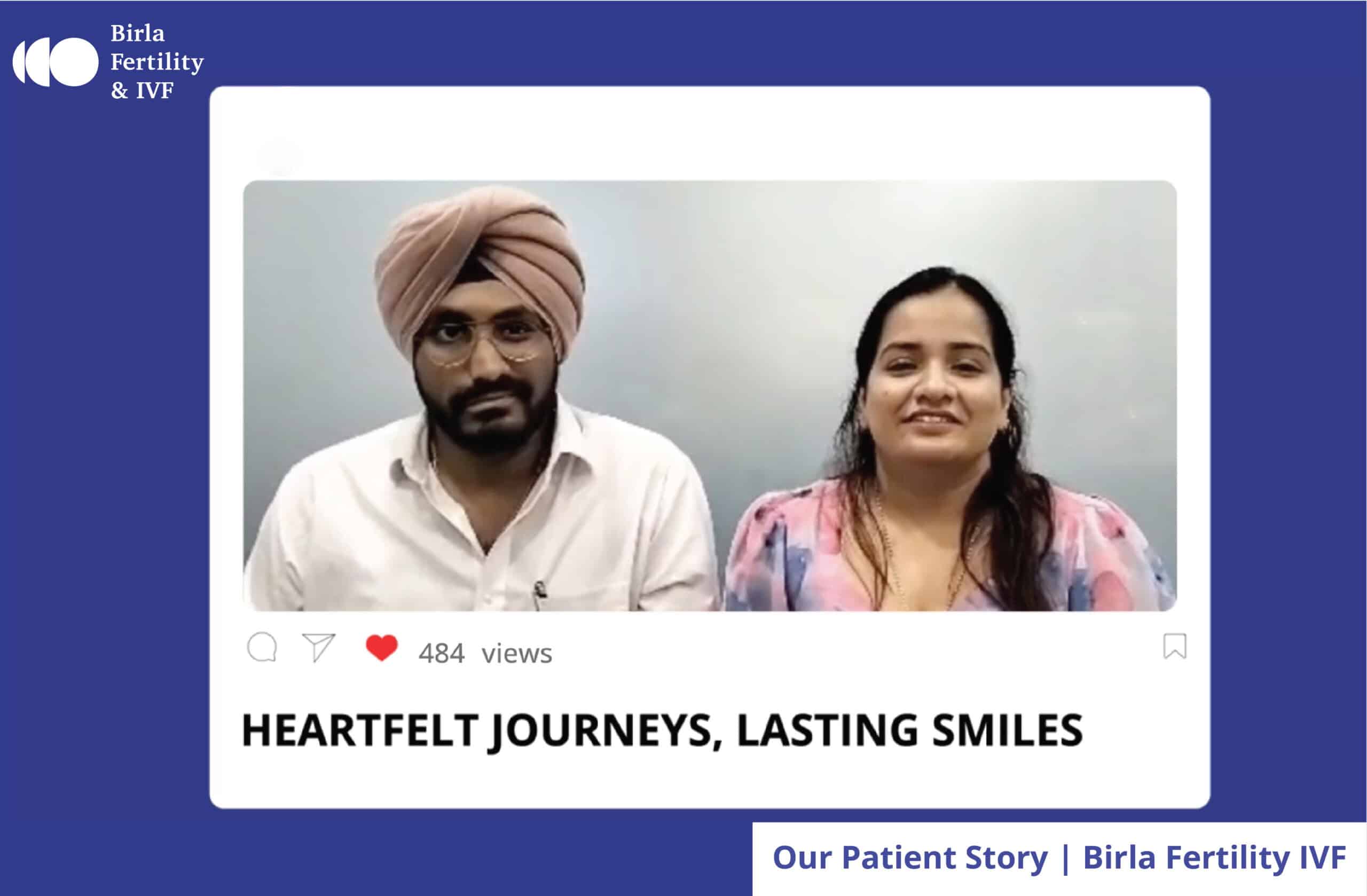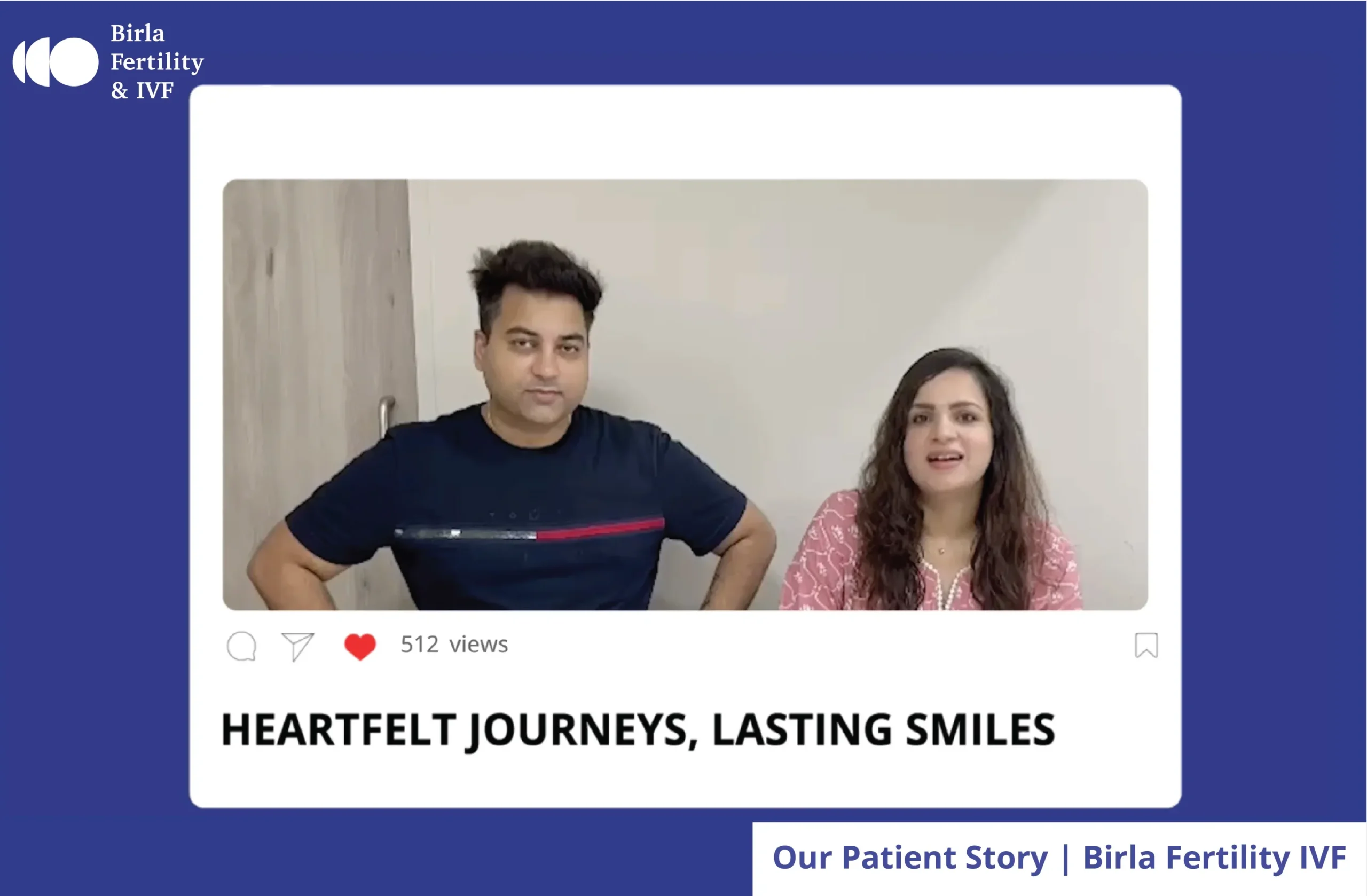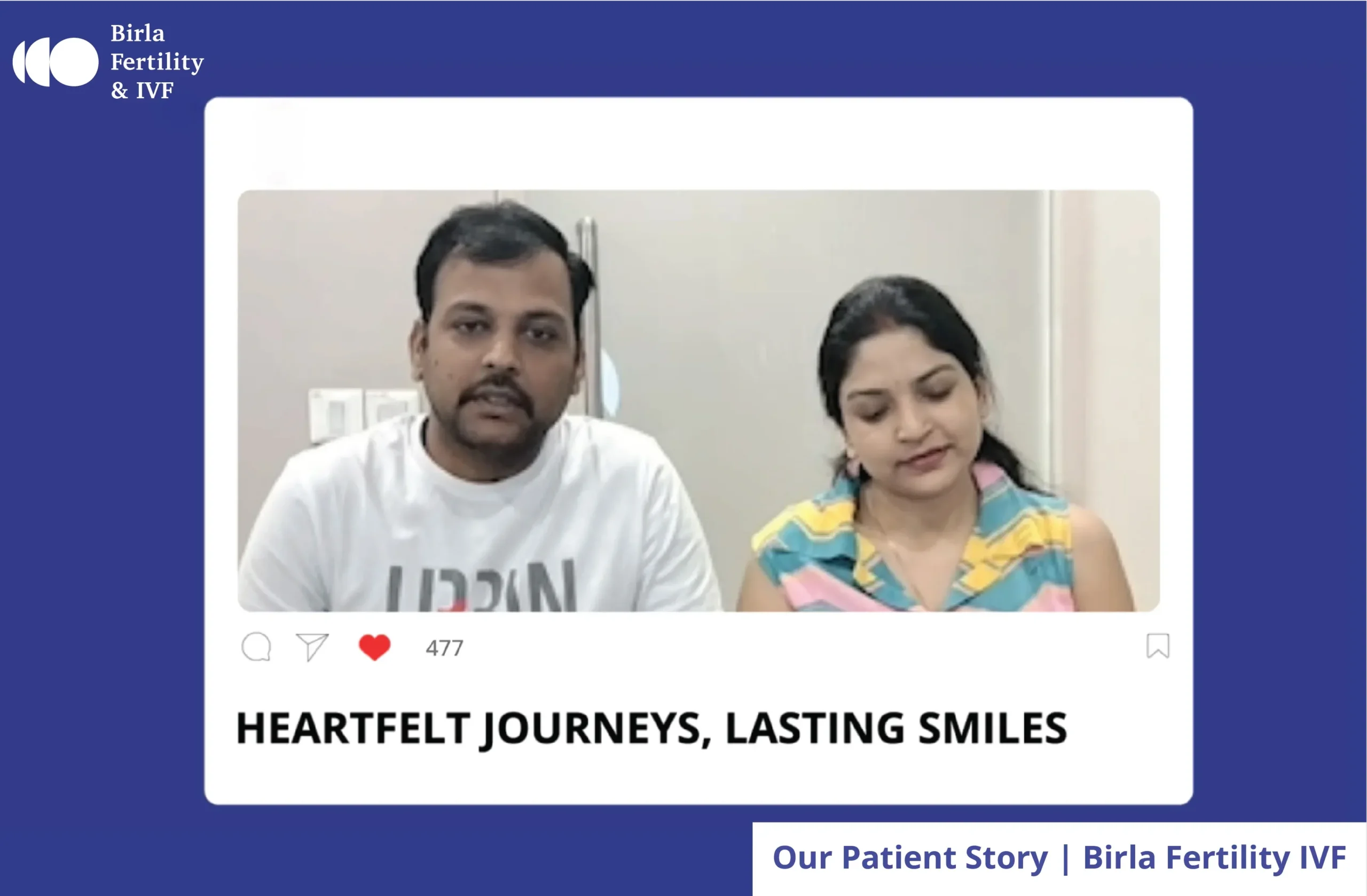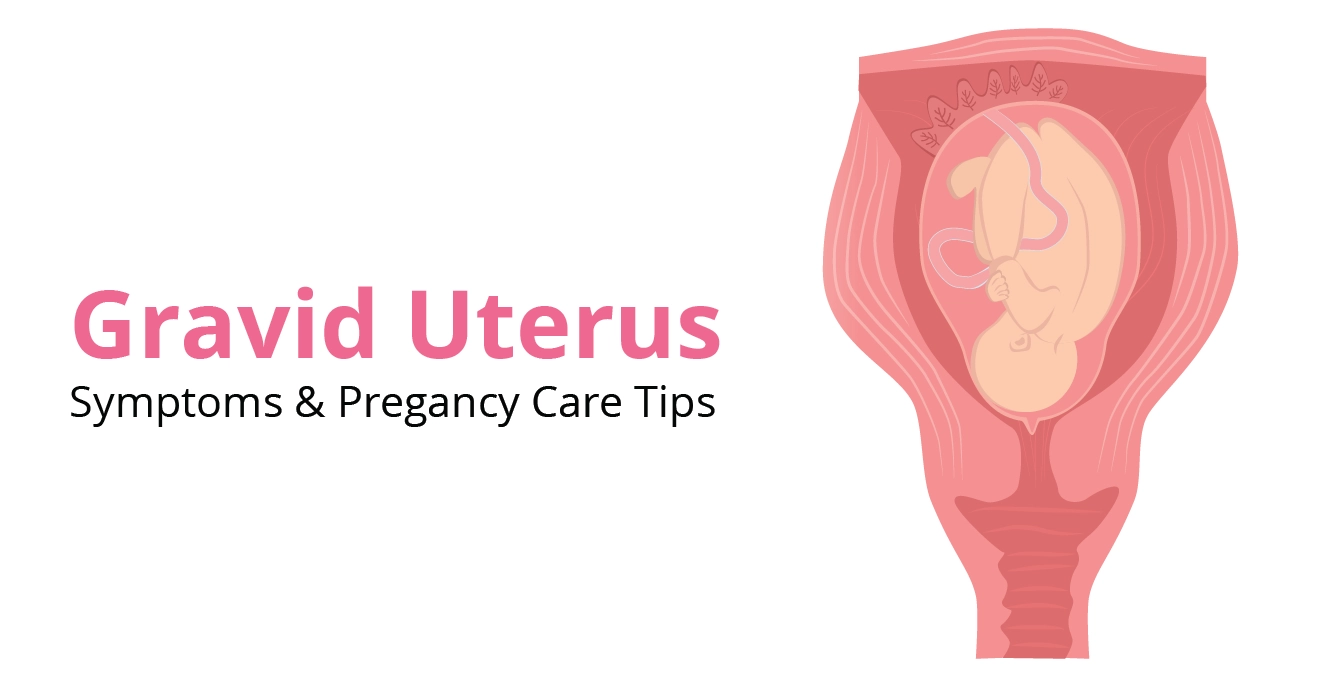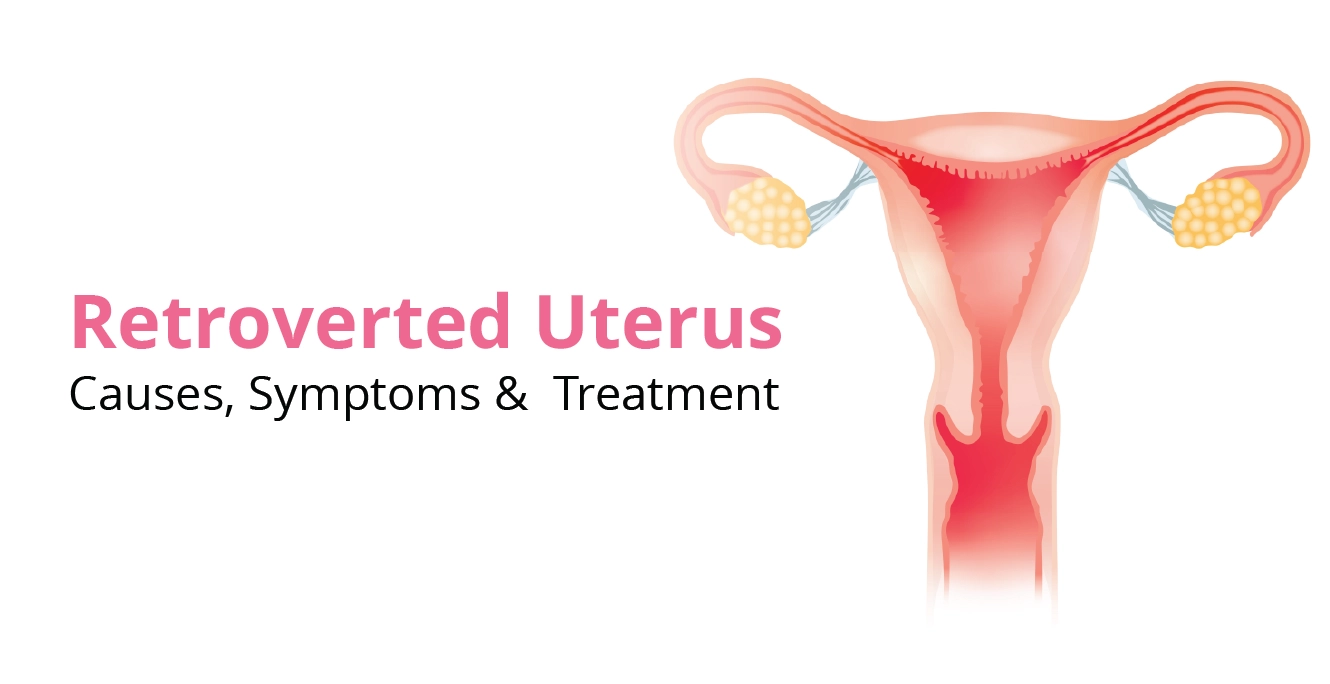Counselling
Counselling services offer vital emotional and psychological support for individuals and couples dealing with infertility. These sessions help manage stress, address feelings of frustration and grief, and provide coping strategies. Through empathetic guidance, counselling helps couples navigate the emotional challenges of infertility, fostering resilience and hope.

What is Counselling?

Fertility challenges can deeply impact your emotional well-being and relationships. Here’s how counselling can help:
-
Emotional Support: Fertility issues often lead to anxiety and depression. Counselling provides a safe space to express these feelings and develop coping strategies.
-
Stress Management: Techniques like mindfulness and relaxation can help reduce stress, improving your overall mental health.
-
Relationship Guidance: Infertility can strain relationships. Counselling offers tools to enhance communication and support between partners.
-
Coping Skills: Learning practical skills to manage the emotional ups and downs can make the journey more manageable.
-
Education: Counselors provide information about the emotional aspects of infertility and treatment, helping you understand and manage your feelings better.
Why Should You Consider Counsellors?
Infertility can be emotionally overwhelming and challenging. Professional counsellors play a crucial role in supporting individuals during this difficult time by:
-
Providing a Safe Space: Counselors offer a confidential and non-judgmental environment where individuals can express their feelings and concerns openly.
-
Emotional Support: They help patients cope with the stress, sadness, and anxiety that often accompany infertility and fertility treatments.
-
Guidance through Treatments: Counselors assist in navigating the complexities of fertility treatments, helping individuals understand their options and make informed decisions.
-
Coping Strategies: They provide techniques and strategies to manage emotional and psychological impacts, improving overall well-being.

Benefits of Counsellors

Counsellors play a crucial role in supporting patients undergoing fertility treatments by offering a range of services designed to enhance emotional well-being. Here are some key benefits:
-
Stress Management Techniques: Counselors provide strategies to manage stress, which can be a significant barrier to fertility treatment success. Techniques such as mindfulness, relaxation exercises, and cognitive-behavioural approaches help patients maintain a calmer state of mind, reducing anxiety and enhancing overall well-being.
-
Coping Strategies: Fertility treatments can be emotionally and physically taxing. Counsellors equip patients with coping mechanisms to handle the ups and downs of the treatment journey. This includes developing skills to deal with the emotional rollercoaster of hope, disappointment, and uncertainty.
-
Support Groups: Joining support groups facilitated by counsellors allows patients to connect with others in similar situations. Sharing experiences and receiving emotional support from peers can alleviate feelings of isolation and provide comfort.
-
Enhanced Emotional Well-Being: By addressing emotional challenges, counsellors help improve mental health, creating a more supportive environment. This emotional stability can positively influence treatment outcomes, as patients who feel supported and understood are better able to focus on their treatment and recovery.
Why Choose Us
Choosing the right fertility clinic is crucial for starting your family. At Birla Fertility & IVF, we offer personalised care with expert specialists guiding you every step of the way. Our advanced labs and outstanding success rates have helped over 2,30,000 patients achieve their dream of parenthood.
When to see a counsellor?
Before the Treatment
- If you're feeling overwhelmed or anxious about beginning fertility treatments, a counsellor can help you manage your expectations and prepare mentally for the process.
- Also, counsellors can help if you're facing difficult decisions about your treatment plan. They will offer guidance and help you make informed choices aligned with your emotional and psychological needs.
During the Treatment
- If you experience stress or emotional strain during treatment, counselling can offer coping strategies and support, helping to manage feelings of frustration or sadness.
- They might also suggest tips to increase your chances of a successful fertility treatment.
After Failed Treatment
- The emotional impact of a failed treatment can be significant. Counselling can help couples navigate these challenges and maintain strong communication.
- A counsellor can provide support in processing grief and exploring the next steps, whether continuing treatment or considering alternative options.
Frequently Asked Questions
Recent Blogs
Book an appointment
Hassle-Free Appointment Booking

 Our Centers
Our Centers
















